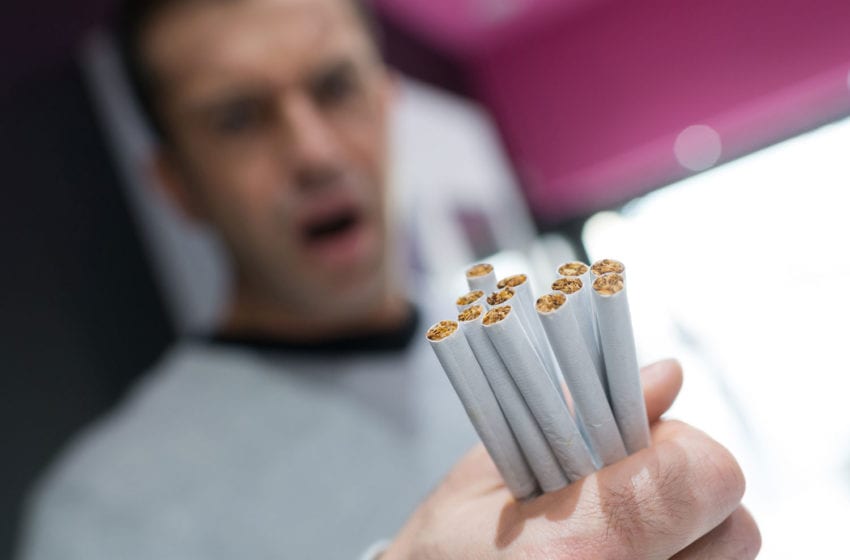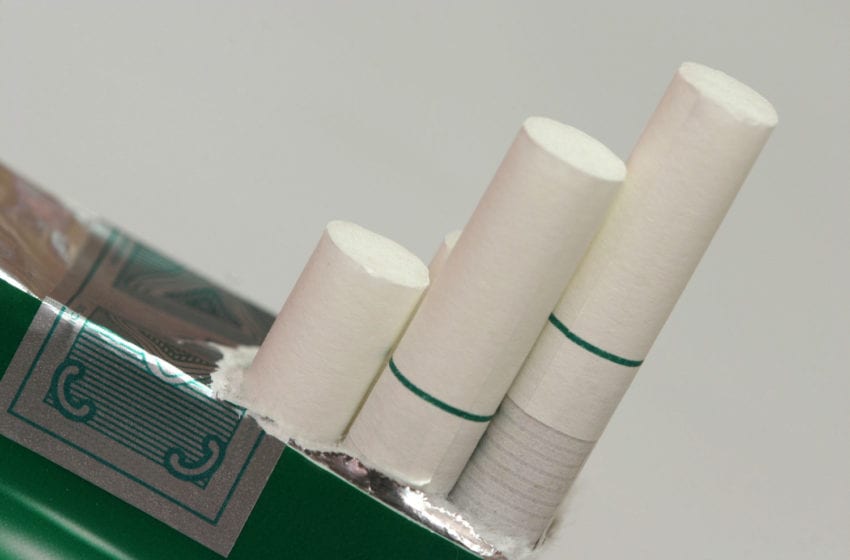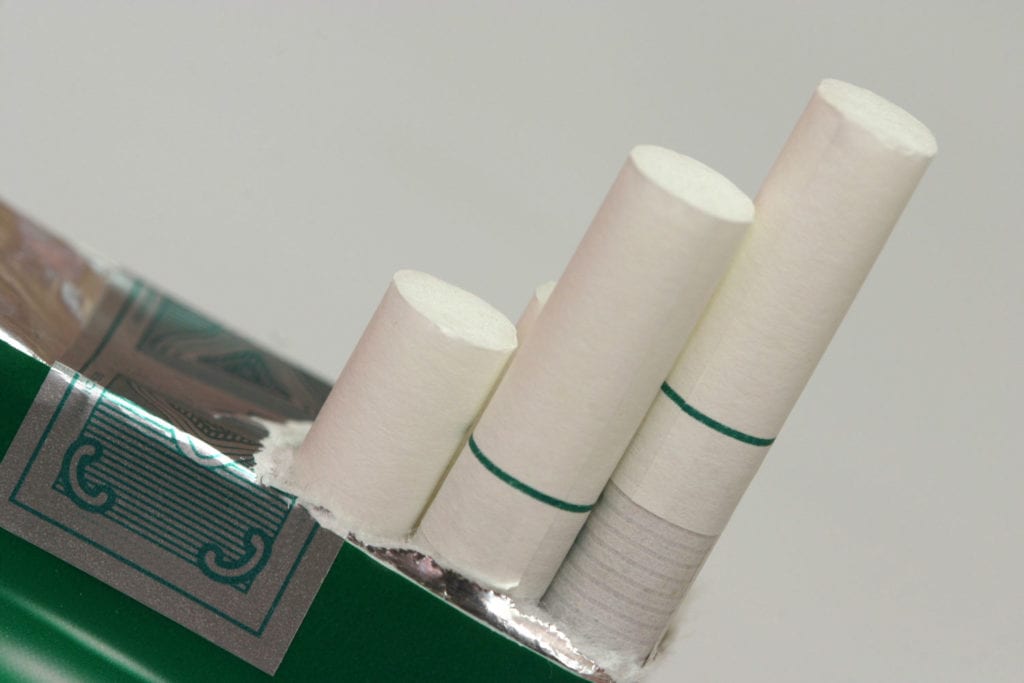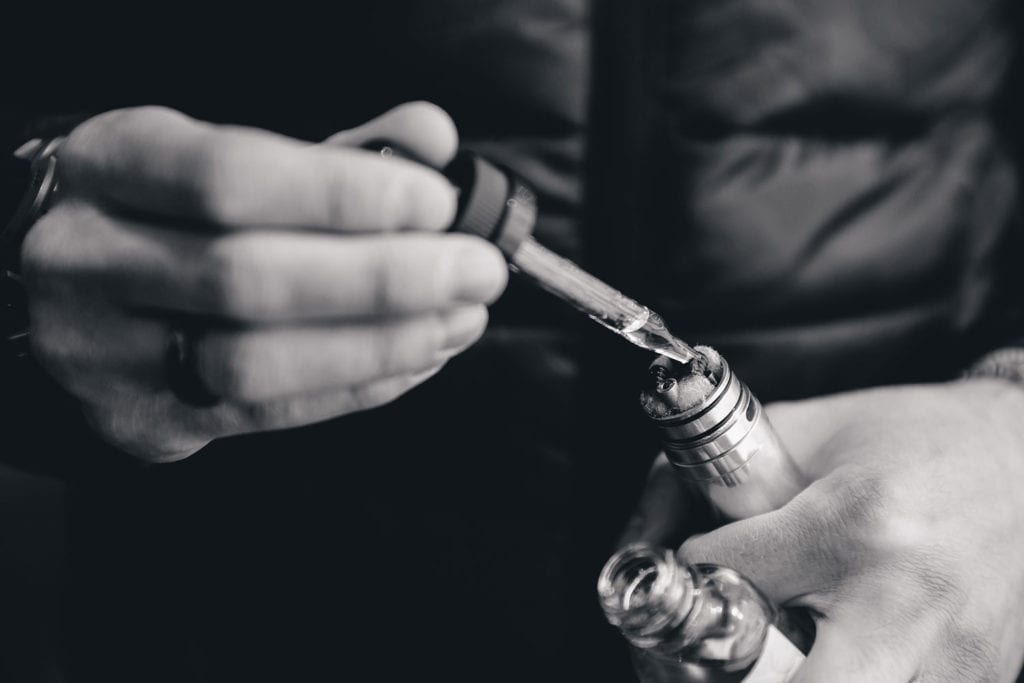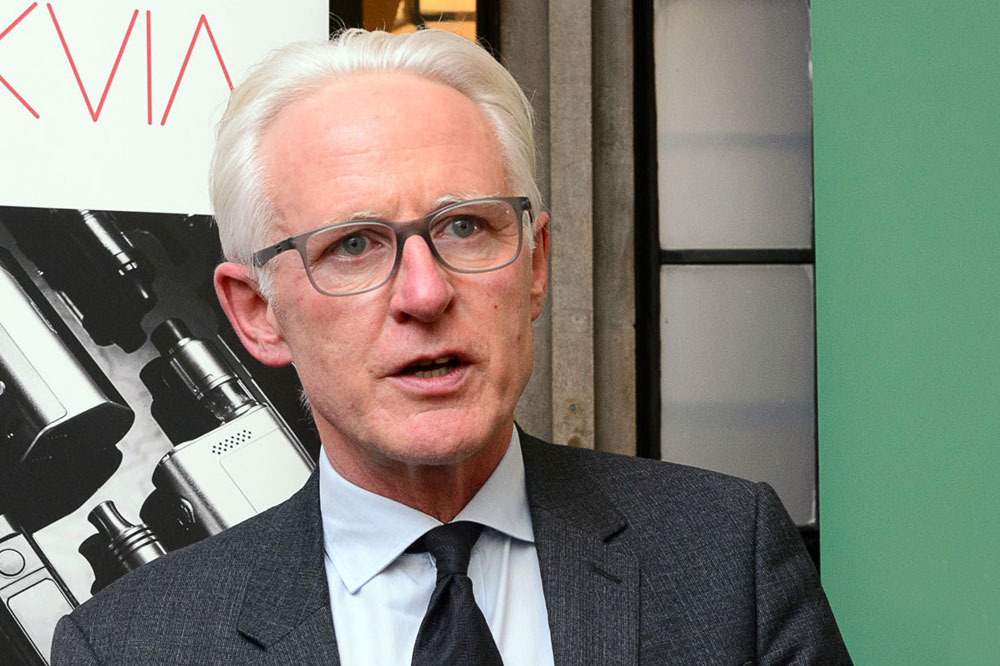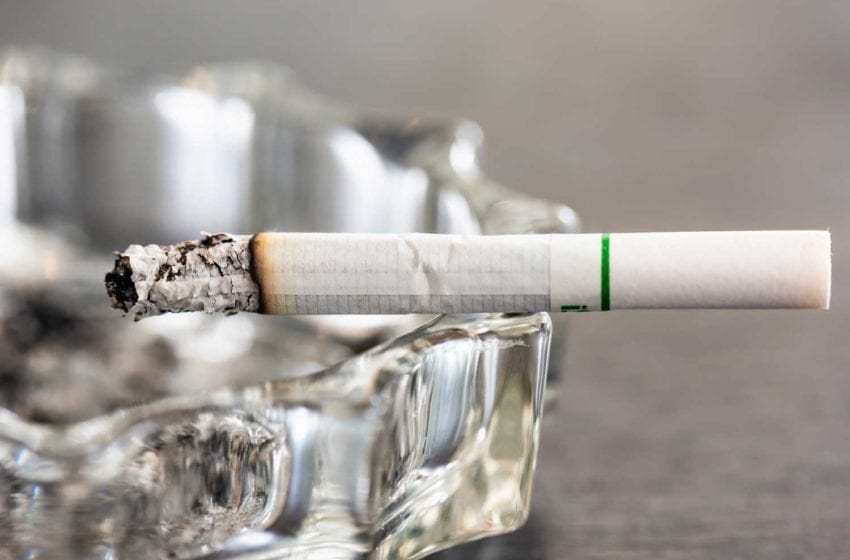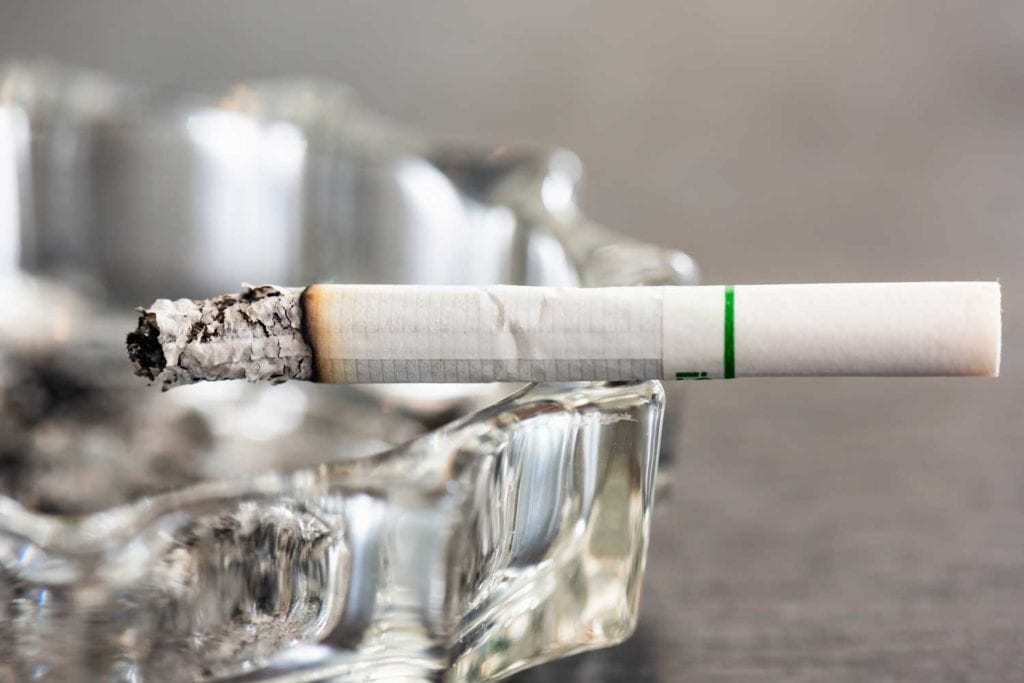
Tobacco companies are assessing the impact of the Food and Drug Administration’s proposal to ban menthol cigarettes and cigars. On April 29, the agency announced it is working toward issuing proposed product standards within the next year.
Altria and Reynolds American said they would evaluate the proposal, while Imperial’s U.S. business, ITG Brands, said it was disappointing but not unexpected.
“We believe the rulemaking process will reveal that there is no clear scientific evidence to support a federal menthol and flavor ban,” ITG Brands wrote in a statement. “We are hopeful that FDA will follow the law and prioritize sound policy and science over political pressure.
“ITG Brands is well prepared to engage with the FDA to ensure that the agency is guided by the science on this issue and that regulators give due consideration to the numerous unintended consequences that such policies would inevitably bring. We will also make sure the voices of our adult consumers and wholesale and retail partners are represented during every stage of the years-long rulemaking process.”
“We share the common goal of moving adult smokers from cigarettes to potentially less harmful alternatives, but prohibition does not work,” an Altria spokesman told Reuters. “Criminalizing menthol will lead to serious unintended consequences.”
Reynolds, which owns the top-selling U.S. menthol brand Newport, said in a statement Thursday that “the published science does not support regulating menthol cigarettes differently from nonmenthol … nor does it support that menthol cigarettes adversely affect initiation, dependence or cessation.”
“Reynolds will evaluate any proposed regulation and will participate in any consultation and the rulemaking process by submitting robust, science-based evidence.”
U.S. menthol cigarettes accounted for about 25 percent of BAT’s profit, 20 percent for Altria and 15 percent for Imperial, according to brokerage Jefferies.
The proposed ban can take years to implement and might throw the health regulator into protracted legal battles with the industry.
Anti-smoking groups have for decades argued that mentholated cigarettes contribute to disproportionate health burdens on Black communities and often draw young people into smoking.
Campaign for Tobacco-Free Kids President Matthew Myers said the latest move could be the “strongest action” that the United States “has ever taken to drive down the number of kids who start smoking.”
Critics say a menthol ban is misguided. In a commentary, Guy Bentley of the Reason Foundation said the proposed measure is illiberal and violates the fundamental spirit of fairness.
Gregory Conley, president of the American Vaping Association, said the FDA’s initiative has the potential to backfire if the agency does not promote nicotine and tobacco harm reduction products along with the menthol ban.
“Evidence from other countries suggests that a menthol ban is not a magic wand that will spur a majority of users to quit nicotine entirely,” Conley was quoted as saying by The Winston-Salem Journal.
“There will be no massive public health benefit if the response from most menthol and little cigar smokers is to switch to Marlboros or use illicit products bought off the street,” said Conley.
Menthol cigarettes are already banned in Brazil, the United Kingdom and the European Union. California and Massachusetts have also outlawed mentholated cigarettes.
The FDA is also considering requiring cigarette manufacturers to lower the levels of nicotine in their products to nonaddictive levels.
“Lowering nicotine content in cigarettes … that’s something that’s still under consideration,” acting FDA Commissioner Janet Woodcock said on a media call on Thursday.

